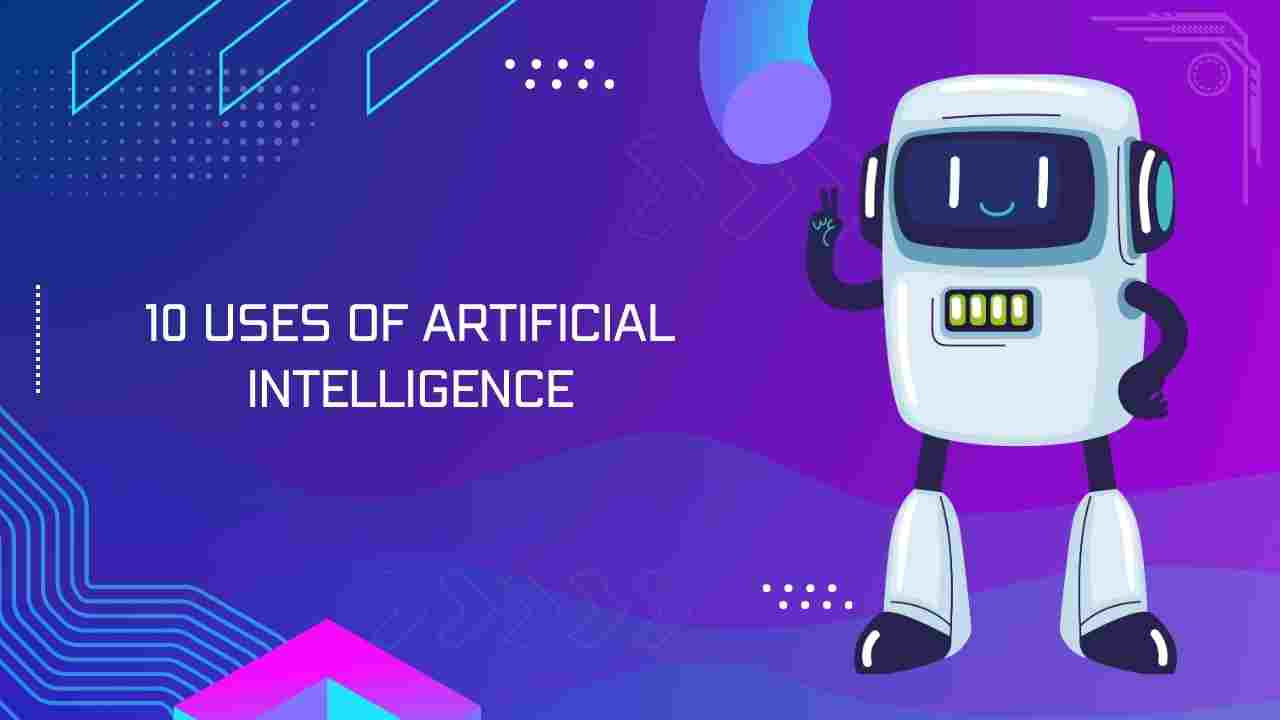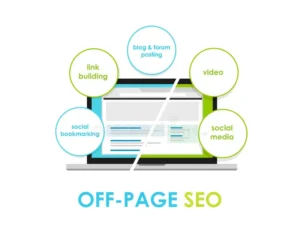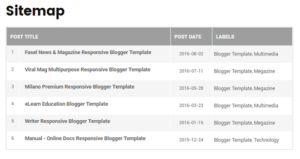Introduction
Artificial Intelligence (AI) is revolutionizing various sectors globally by offering innovative solutions, enhancing productivity, and streamlining processes. From healthcare and education to entertainment and finance, AI is being leveraged to improve efficiency, accuracy, and decision-making. In this detailed guide, we will explore 10 uses of artificial intelligence across different industries, explaining how AI is transforming each field. Additionally, we will provide practical examples to illustrate AI’s potential in modern-day applications.
Why Understanding AI Uses is Important
- Technological Advancement: Understanding AI applications helps us keep pace with technological advancements.
- Business Optimization: Knowing AI uses can improve business processes, customer experiences, and overall efficiency.
- Ethics and Safety: Awareness of AI uses aids in identifying ethical challenges and ensuring responsible implementation.
- Educational Growth: Helps students and professionals stay updated with current trends and applications.
- Investment Opportunities: Recognizing AI trends can guide investors toward profitable industries.
1. Healthcare
Artificial Intelligence is making groundbreaking improvements in healthcare, assisting in diagnostics, treatment plans, drug discovery, and patient care.
Examples:
- Medical Imaging Analysis: AI algorithms are used to analyze X-rays, MRIs, and CT scans for detecting abnormalities.
- Personalized Treatment: AI helps in developing customized treatment plans based on patient data.
- Predictive Analytics: Predicting disease outbreaks by analyzing healthcare data.
2. Education
AI is transforming the educational landscape by providing personalized learning experiences and improving administrative efficiency.
Examples:
- Smart Content: AI-powered tools generate educational content, such as quizzes and flashcards.
- Adaptive Learning: AI systems can adapt to individual student needs for improved learning experiences.
- Virtual Tutoring: AI-powered chatbots provide instant assistance to students.
3. Finance
The finance industry is one of the earliest adopters of AI, using it to enhance decision-making and customer experience.
Examples:
- Fraud Detection: AI models can identify unusual transaction patterns to detect potential fraud.
- Algorithmic Trading: AI-powered systems perform high-speed trading by analyzing market trends.
- Customer Service: Chatbots provide round-the-clock support for banking customers.
4. Retail
Retailers are leveraging AI to enhance customer experience, optimize inventory management, and boost sales.
Examples:
- Recommendation Engines: AI suggests products based on user preferences and browsing history.
- Inventory Management: Predictive analytics helps maintain stock levels by analyzing demand patterns.
- Virtual Shopping Assistants: AI chatbots guide customers throughout the buying process.
5. Transportation
AI is playing a vital role in improving safety, efficiency, and convenience in the transportation industry.
Examples:
- Autonomous Vehicles: Self-driving cars use AI for navigation, obstacle detection, and decision-making.
- Traffic Management: AI systems optimize traffic flow to reduce congestion.
- Predictive Maintenance: Analyzing data to predict and prevent potential vehicle failures.
6. Entertainment
The entertainment industry is leveraging AI to enhance user experiences through personalization and creativity.
Examples:
- Content Recommendation: AI-based algorithms suggest movies, music, and articles based on user interests.
- Automated Editing: AI tools assist in video editing and content creation.
- Game Design: AI is used to create dynamic, responsive in-game experiences.
7. Agriculture
AI is being applied in agriculture to increase productivity, improve crop health, and enhance sustainability.
Examples:
- Precision Farming: AI-powered drones monitor crops for health and irrigation needs.
- Soil Analysis: AI tools help optimize fertilizer use based on soil quality.
- Yield Prediction: Predicting crop yields to help farmers plan better.
8. Cybersecurity
AI is playing a crucial role in protecting data and enhancing online security measures.
Examples:
- Threat Detection: Identifying malware and unauthorized access attempts.
- Network Security: Analyzing network traffic for unusual patterns.
- User Authentication: AI-powered facial recognition and biometric systems.
9. Manufacturing
AI is enhancing manufacturing processes by enabling automation, quality control, and predictive maintenance.
Examples:
- Robotic Automation: AI-driven robots streamline assembly line processes.
- Quality Control: Visual inspection using AI for defect detection.
- Predictive Maintenance: Monitoring equipment health to avoid breakdowns.
10. Natural Language Processing (NLP)
NLP is an AI branch that focuses on the interaction between computers and human language.
Examples:
- Language Translation: AI-powered tools provide instant translations.
- Sentiment Analysis: Analyzing customer feedback for better understanding.
- Speech Recognition: Systems like Siri and Alexa use NLP for voice commands.
Conclusion
The potential applications of Artificial Intelligence are virtually limitless. By understanding the 10 uses of artificial intelligence, you can explore how this technology is transforming different sectors and enhancing productivity. Staying updated with these advancements can help businesses, professionals, and students unlock new opportunities and improve their overall efficiency.
Artificial Intelligence is not only a tool but a revolutionary technology that continues to shape the future. Whether you are a developer, business owner, or curious learner, understanding its applications can significantly enhance your perspective on the technological world.







